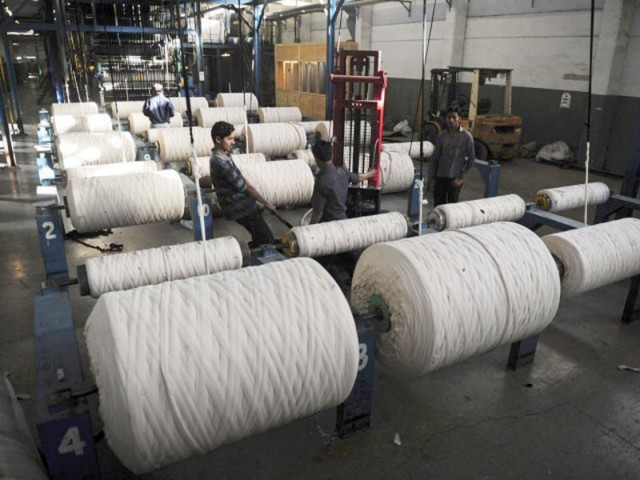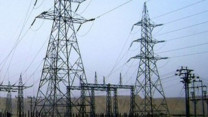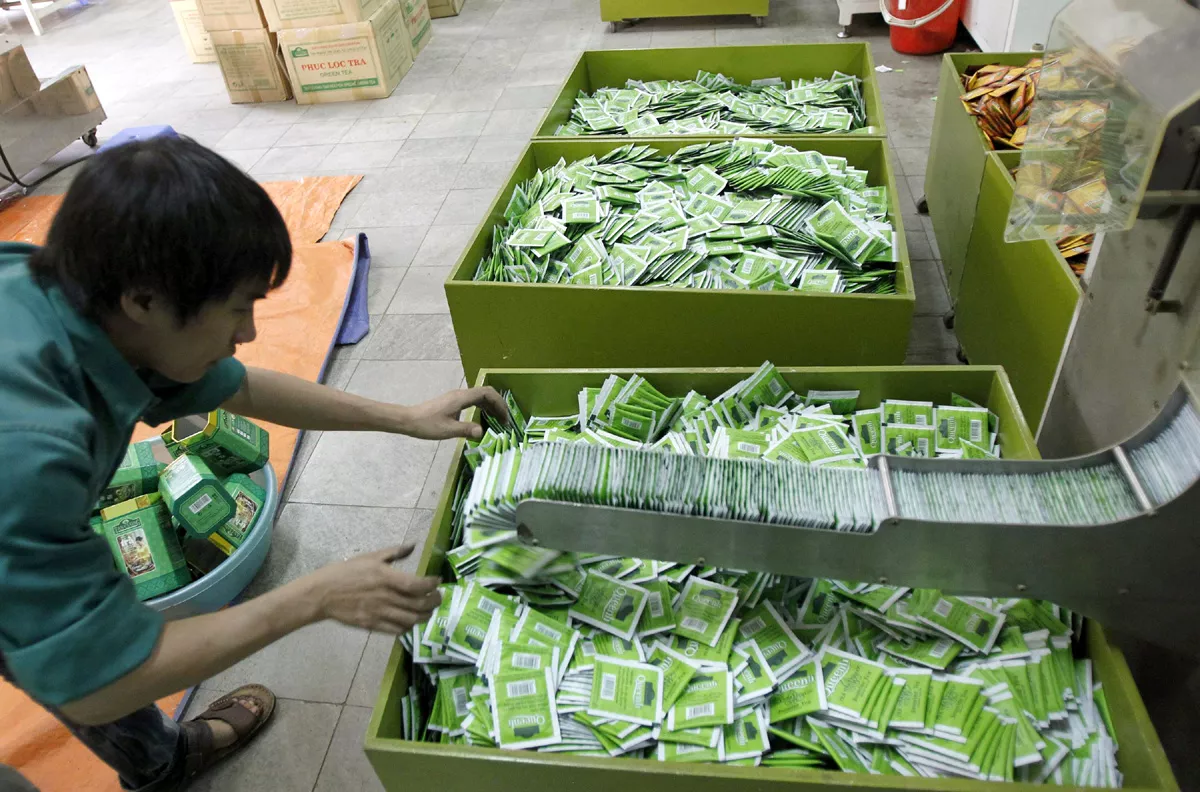Knitwear producers: Energy shortage forces industry to refuse orders
Bangladesh, Vietnam grabbing Pakistan’s place in world market.

There are exporters that have not received tax refunds on dozens of their export consignments over two years. PHOTO: AFP
Jawwad, while briefing members of the Lahore Economic Journalists Association, said that it is distressing that the country is refusing orders because of the uncertain power and energy supply. Additionally, the high cost of doing business has sharply reduced profit margins, with sparse availability of electricity and gas has reduced production volumes.

He was of the view that the high cost of doing business is only because of the government policies and its inability to implement them.
He added there are exporters that have not received tax refunds on dozens of their export consignments over two years. “How can they increase exports when the liquidity is stuck with the government?”
Jawwad said that exports according to the stated government policies are zero-rated but there are many taxes paid during the manufacturing process that are not refunded due to non-documentation of the economy. According to him, power supplied by the state is most expensive in the region that impacts the cost. “Gas is sparsely available in Punjab that discourages the industry from producing to its potential.”
Former PHMA chairman Shahzad Azam Khan asked the government to take up the issue of compliance with the 27 conventions signed with the European Union to ensure continuity of the GSP Plus status. He urged the government to remove bottlenecks that hamper exports.
“Knitwear is the most labour-intensive industry of the country, employing over 1.5 million workers including those employed by the industries catering to domestic needs,” he said.
He added that about 1,200 organised units are operating in Karachi, Lahore, Faisalabad and Sialkot, which is about the same as 15 years ago.
“Though the export of knitted garments shows an ever-growing trend over the years but inconsistent government policies and failure to match the facilitation provided to this sector by India and Bangladesh has resulted in closure of numerous smaller units.”
Published in The Express Tribune, February 20th, 2015.
Like Business on Facebook, follow @TribuneBiz on Twitter to stay informed and join in the conversation.



















COMMENTS
Comments are moderated and generally will be posted if they are on-topic and not abusive.
For more information, please see our Comments FAQ